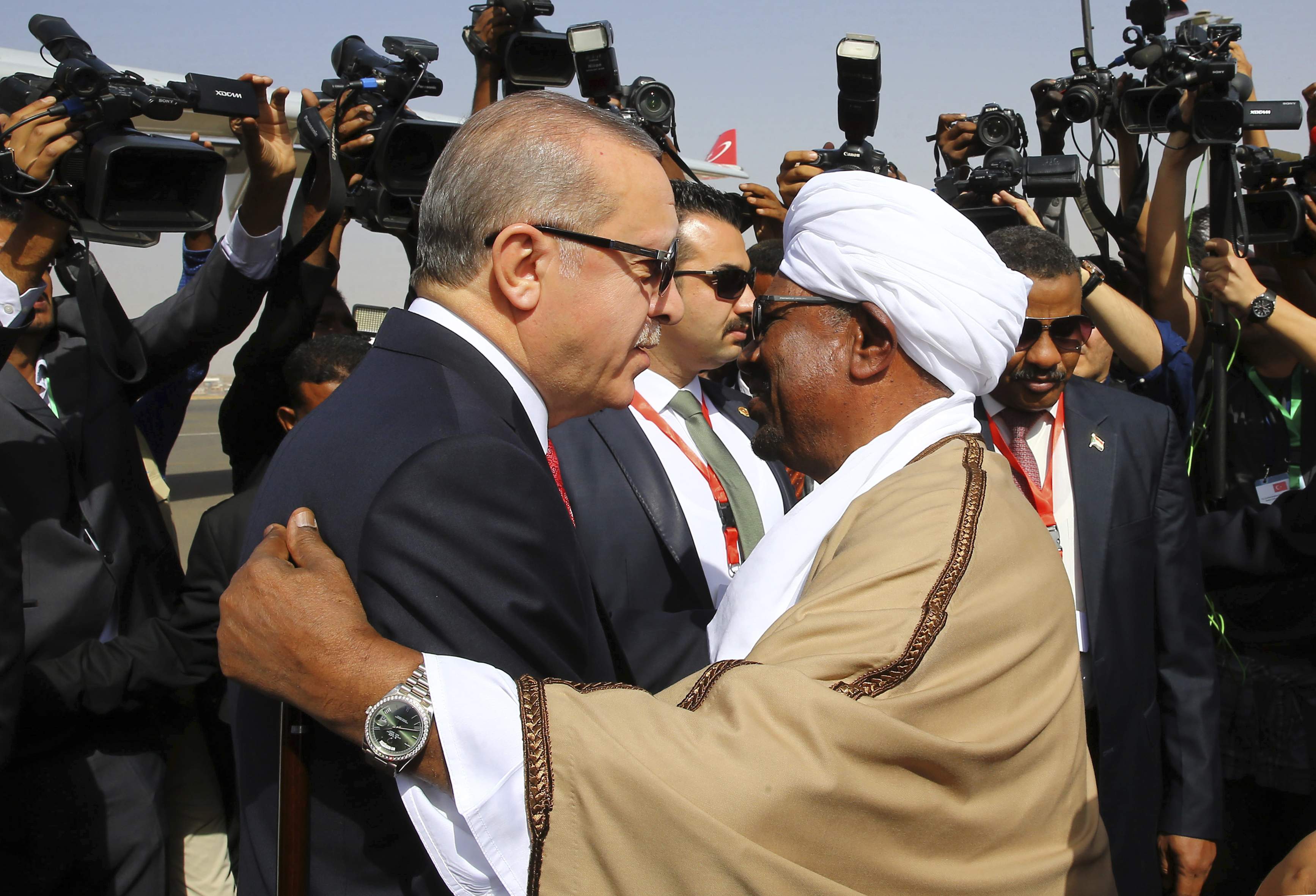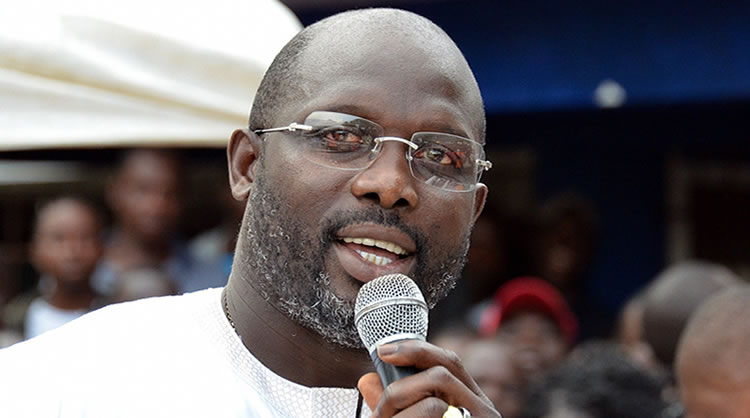Businesses within the Common Market for Eastern and Southern Africa (Comesa) could save up to $450 million in clearance documentation once the bloc adopts blockchain technology for clearing imports.
Comesa is looking to roll out a digital free trade area – the first in Africa – modelled along the Malaysian Free Trade Zone, where parties to a transaction are connected in real time through a web of ledgers that are secure.
The application also supports the generation of an electronic certificate of origin whose authenticity can be verified using national information technology systems.
This will be a marked break from the current practice which involves manual applications and physical presentation of documents to tax bodies and other government agencies that cause businesses delays.
Trade financiers could be the biggest losers once the system is in place.
“We are rolling out the Digital FTA in 2018, beginning with willing member states on the basis of the principle of variable geometry,” said Comesa spokesman Mwangi Gakunga.
Last month, Comesa completed the design and action plan of the Digital Free Trade Area, the Electronic Certificate of Origin (e-CO) and their draft regulations.
Ending border queues
Piloting of the digital FTA is expected to start in 15 of its 19 member states, enabling large and small enterprises alike to trade using their smartphones and tablets.
“The e-certificate of origin is a good practice around the world but Comesa will be the first regional economic bloc in Africa to have it as a regional FTA instrument,” he added.
According to Comesa Secretary-General Sindiso Ngwenya, the digital economic integration will do away with long queues at border posts for goods and people moving across borders.
“We have developed a mobile application for cross-border traders which shall be launched in the countries that are involved in the simplified trade regime. We shall integrate them with Customs and other agencies and also to the Comesa centre,” he said.
The participating countries are Kenya, Uganda, Rwanda, Burundi, Democratic Republic of Congo, Sudan, Ethiopia, Egypt, Seychelles, Malawi, Mauritius, Madagascar, Swaziland, Zambia and Zimbabwe, which are all part of Comesa’s Simplified Trade Regime that allows traders with goods valued at $1,000 or less to access cross-border markets duty free.
Breakthrough
Exporters from Uganda say this is a breakthrough in regional and international trade, even though it comes with new risks and challenges, especially member states that have not yet provided for e-CO laws.
“The risks are there but they can be mitigated. There must be software to prove that the electronic certificate of origin is authentic so that tax authorities can read it,” says Chris Kaijuka, the managing director of grain exporting company AfroKai Ltd.
Mr Kaijuka welcomes the innovation but adds that he is keen to test the effectiveness of the electronic certificate of origin in solving some of the import-export hitches that traders face in the market.
“But I welcome it. We wanted the e-certificate of origin which helps me on taxation,” he says. “Someone brings in goods from outside Comesa but declares them as of Comesa origin, which they are not,” Mr Kaijuka adds.


